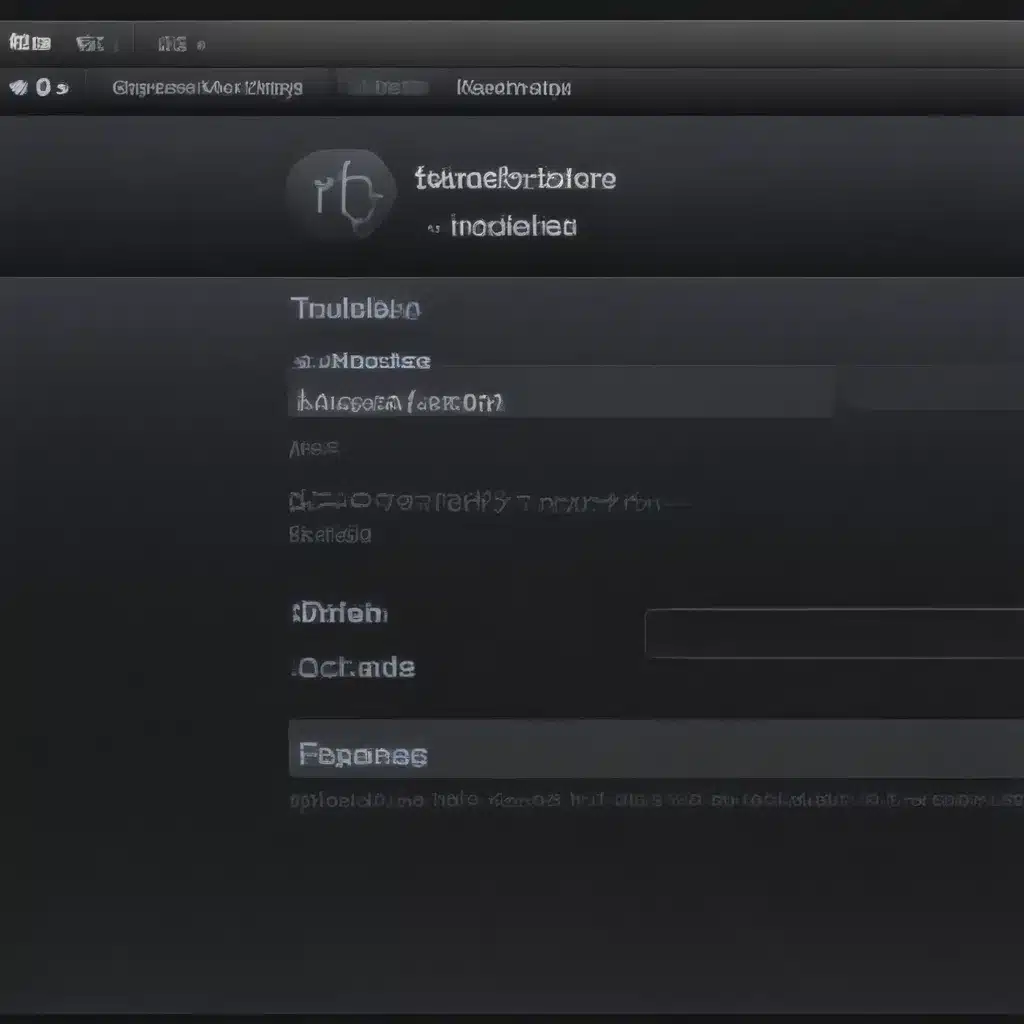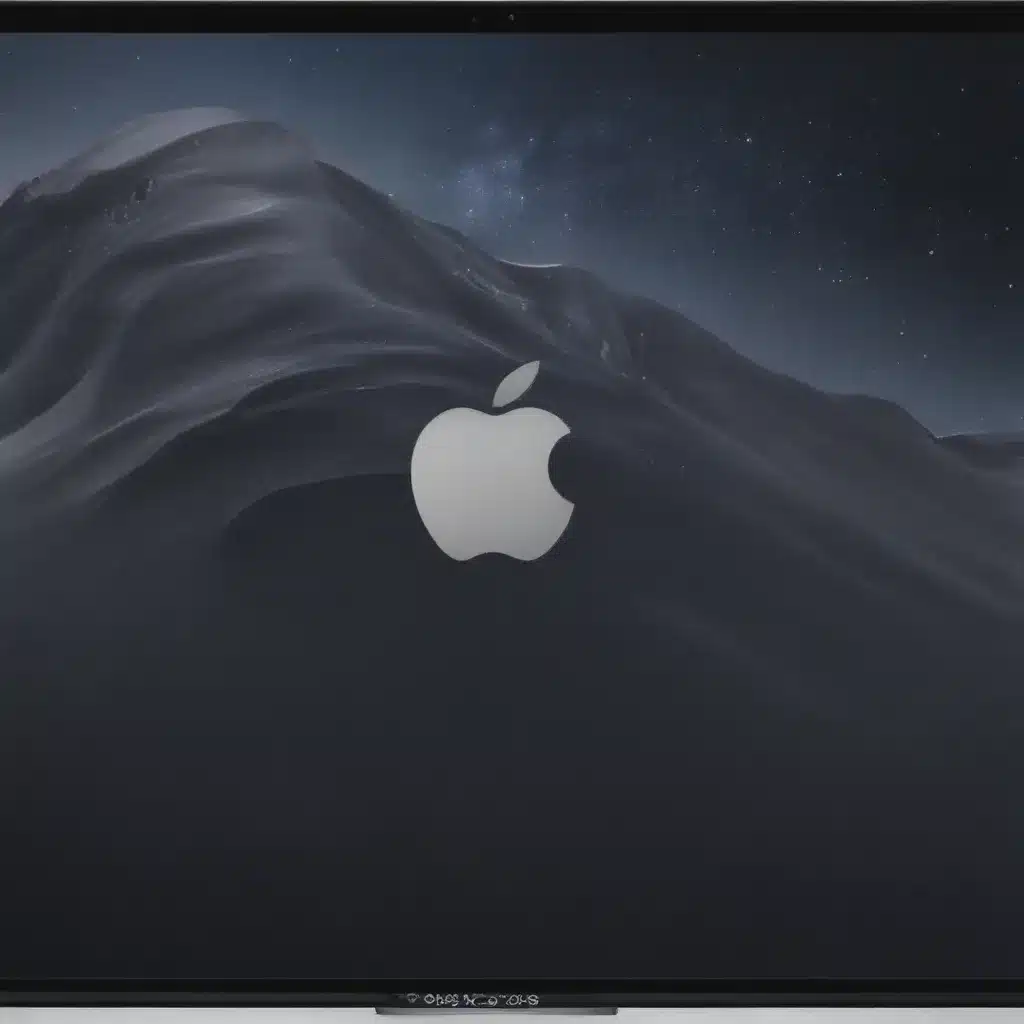Introduction
Backing up your data is one of the most important things you can do to protect yourself in the digital age. As we rely more and more on technology, having a comprehensive backup solution provides peace of mind that your files, photos, and other important data will be safe if something happens to your devices.
In 2024, there will likely be even more reliance on digital systems and more data to back up. New backup solutions are emerging that provide additional features beyond basic file storage. As you evaluate backup options for 2024, there are several key factors to consider so you can find the right backup system for your needs.
In this buyer’s guide, I will provide an overview of the most important features to look for when choosing a backup service or device in 2024. I’ll cover factors like storage capacity, security, file versioning, cloud integration, portability, and more. With the information in this guide, you’ll be equipped to select the ideal backup solution to keep your data safe in 2024 and beyond.
Storage Capacity
One of the most basic yet critical factors to consider is storage capacity. Backups need adequate space to hold all of the data you want to protect. Storage needs will continue to grow over time as file sizes increase and more data is accumulated.
When evaluating backup solutions for 2024, look for offerings with ample terabyte (TB) storage to handle both your current and future needs. Many personal backup services provide 1 TB or more of storage as a starting point. For businesses or power users, look for systems that can scale to 10TB or higher.
Cloud backup services often offer affordable unlimited storage options. If going with a local backup device, make sure it has enough capacity and allows you to expand storage by connecting external drives if needed. Determine how much data you need to back up now and get a solution with at least 2-3x that capacity for growth.
Security and Encryption
Protecting your backed-up data from unauthorized access is critical. When researching backup solutions for 2024, prioritize offerings that encrypt data both in transit and at rest. This means data is secured using encryption protocols like AES-256 bit when it’s transferred over the internet and also encrypted when stored on backup servers or devices.
Look for zero-knowledge privacy features that prevent the backup provider from accessing your data. Verify that the solution uses secure password protection and two-factor authentication to prevent unwanted access. Solutions certified for HIPAA, FERPA, SOX, GLBA or other compliance standards can provide assurance of robust data security.
Avoid any backup service that does not encrypt data or does properly articulate its security protocols. Your data should be unreadable and inaccessible to outsiders without the encryption keys. Compromising on security creates substantial risks of backup data being hacked, stolen or deleted.
Versioning and File History
Another key consideration for 2024 is how many previous versions or snapshots of your files the backup solution retains. Versioning allows you to restore an older copy of a file if you make changes or accidentally delete or overwrite the current version.
Look for backup systems that offer unlimited file versioning rather than capping the number of previous copies. The best services maintain all versions of files from the point of initial backup forward. This ensures you have access to a file’s complete history if needed.
Some solutions only do incremental backups, meaning they save the latest changes rather than whole new file copies. Incremental-only backup increases risks of data loss if corruption occurs. Services that continually generate and save file snapshots avoid this issue.
When evaluating solutions, check whether versioning is automated or if old snapshots must be manually managed. Overall, prioritize services providing unlimited, automated version history of entire file copies.
Cloud Integration
In 2024, having the flexibility to access backups both locally and from the cloud will be beneficial. Look for hybrid backup solutions that incorporate integrated cloud storage with local backup capabilities.
The cloud element enables securely accessing and sharing files across devices from anywhere. Locally stored backups provide faster restores and availability if internet is down.
Ideally, your 2024 backup service will make the cloud aspect seamless by automatically syncing local and cloud copies. This maintains on-site backups that you can restore quickly while also getting protection through off-site cloud storage.
Solutions lacking cloud integration will feel outdated in 2024. When researching options, ensure they provide hybrid local/cloud functionality rather than just one or the other. Automated syncing between the two is highly recommended for convenience.
Portability
Given the rise in mobile devices and remote work, having portable backup will be advantageous in 2024. Look for backup solutions that integrate with smartphones and tablets or allow you to restore to different computers easily.
Cloud-based services offer built-in portability by letting you access your backups from any internet-connected device. For local backups, external SSD drives provide fast performance and compact size for taking backups on the go.
Some services offer apps that sync select files to your mobile device for offline access. Others let you quickly download backup archives to external drives.
Avoid device-specific backup tools that lock you into a single environment. Seek out flexible, multi-platform solutions that you can easily use across operating systems and devices to maintain accessibility of your data.
Automation
Tedious backup tasks like remembering to manually run backups, swapping drives and deciding which files to copy can deter people from staying on top of backups.
The most hassle-free solutions provide automated scheduling to perform backups on a regular basis without user intervention. This ensures backups occur consistently rather than relying on your memory.
Look for solutions that integrate with your operating system to automatically capture documents, media files, application data, system settings and more. Backing up your entire system should happen smoothly in the background without having to manually select files.
Make sure any local backup devices you consider offer automatic backup software for your OS rather than having to manually drag and drop files onto the drive. Automation is essential for keeping backups regular and inclusive of all important data.
In Summary
- Seek services offering ample terabytes of storage to account for growing future needs.
- Only consider solutions that encrypt data in transit and at rest for robust security.
- Version history and file snapshots help guard against data loss due to changes or deletion.
- Cloud-integrated backups provide anywhere access and off-site protection.
- Portability across devices and operating systems enables flexible access.
- Automated scheduling and backup of full system data make the process hands-free.
Prioritizing these key factors when researching backup solutions for 2024 will help you gain comprehensive, secure protection tailored for the future. The peace of mind of knowing your data is safe from loss is well worth investment in the ideal backup service or device.













